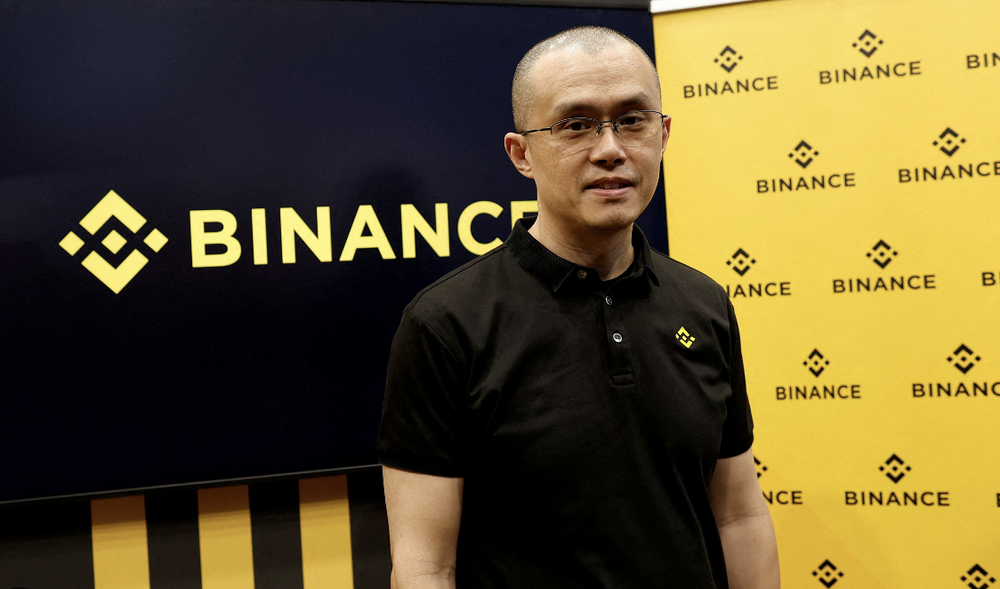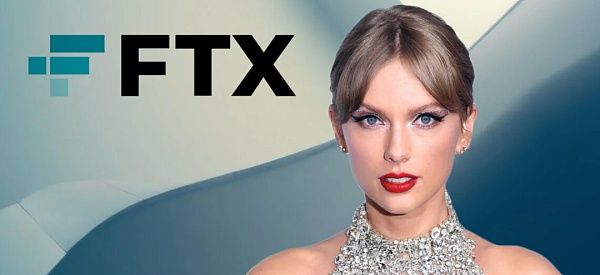US Presidential candidate Bloomberg: Cryptocurrency value has exceeded 100 billion US dollars, to provide clear regulatory rules for crypto assets
US presidential candidate and Bloomberg founder Michael Bloomberg is proposing rules to clarify the state of crypto assets in the financial system. Bloomberg hopes these measures will provide greater government oversight and consumer protection.

Source: Pixabay
Bloomberg legalizes cryptocurrency
Bloomberg made these statements in his just-released Financial Reform Policy. Although not the first candidate to support cryptocurrency regulation, given his background in the financial sector, Bloomberg is by far the most credible. Another candidate, Andrew Yang, recently withdrew from the US presidential race.
- Financial One Account released the first financial report after listing: revenue of 2.328 billion yuan, loss of 1.661 billion yuan
- Talking about the impact of the epidemic on digital currency: how digital currency can promote social collaboration and value exchange
- Comment: BCH halving time is earlier than BTC, will it be involved in the death spiral?
Bloomberg's plan states:
Cryptocurrencies have become hundreds of billions of dollars in asset classes, but regulatory oversight remains fragmented and imperfect. For all the promises of blockchain, bitcoin, and initial coin offering (ICO), there is also a lot of hype, fraud, and criminal activity. Mike will work with regulators to provide clearer rules of the game.
The document calls for a consumer protection mechanism, clarification of tax issues, and the creation of a framework for initial token issuance by identifying which tokens are legitimate securities. It also requires defining oversight rules and regulations for banks and financial institutions.
His proposal, while brief, was compelling, as other key candidates remained silent on the issue. Frontrunner Bernie Sanders did not issue a statement on cryptocurrencies, neither did Joe Biden or Elizabeth Warren. Pete Buttigeg only said that Bitcoin should be considered "a commodity."
The putative Republican candidate, Donald Trump, has publicly opposed cryptocurrencies and has not demanded regulation.
Regulators cannot ignore blockchain development
Among U.S. presidential candidates, there may be little discussion about blockchain development, but the topic will not go away. The rest of the government is already rapidly addressing the wave of impending crypto adoption. Just last week, Federal Reserve Chairman Jerome Powell discussed Bitcoin in the House Financial Services Committee.
It's no surprise that Bloomberg is willing to address blockchain assets. He founded Bloomberg, one of the most successful financial companies in modern history, specializing in software and technology. There is no doubt that he is familiar with the destructive potential of cryptocurrencies and its growing influence worldwide.
It is worth noting that if the crypto market continues to recover, almost all candidates will definitely take a stand on how the federal government should respond to blockchain development. Similarly, there is no doubt that the next president will have no choice but to recognize cryptocurrencies as a permanent element of the global economic landscape. In this environment, more discussion and debate about encryption is bound to happen.
We will continue to update Blocking; if you have any questions or suggestions, please contact us!
Was this article helpful?
93 out of 132 found this helpful
Related articles
- Analysis: Bitcoin rushes to 20,000, at least $ 5 billion needed
- Views | Coronavirus forces hundreds of millions of RMB of cash to be disinfected, outbreak may accelerate DCEP launch
- Is DeFi a moth again? Ethereum smart wallet application Authenticeum exposed to fatal vulnerability
- Tiger's founder Wang Ruixi talks about hedging attributes is one of the most important attributes of Bitcoin | Chain Node AMA
- Bitcoin's Secret History: Who Drived the Early Propaganda of Bitcoin?
- Defi protocol bZx was attacked twice in one week, highlighting industry concerns
- Cloud giant Microsoft Azure embraces commercial blockchain






